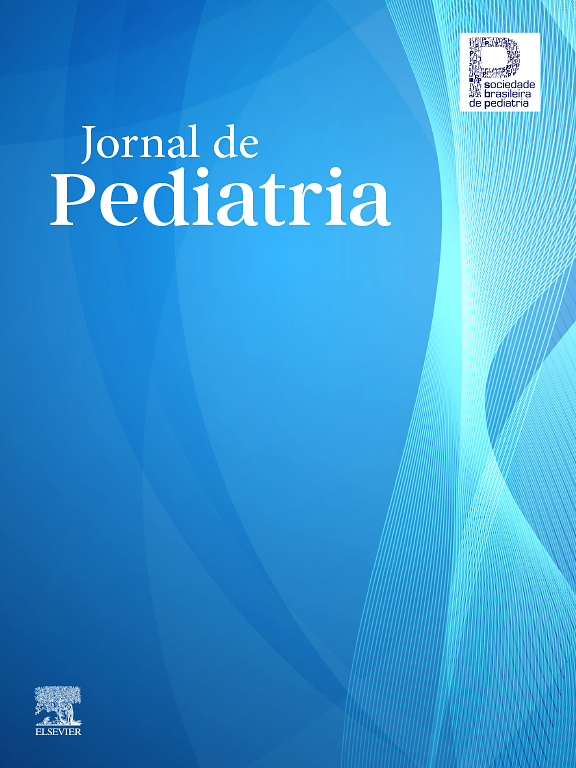In response to the letter to the editor by Joshi et al., we agree that the scoring system for the diagnosis of small bowel disease with capsule endoscopy (CE) using three or more ulcers is not ideal, as it doesn’t include tissue samples, but it has been accepted currently as a consensus.1 It was not initially reported by us, but none of the children were taking non-steroidal anti-inflammatory drugs (NSAIDs) at the time of the study, as we were aware of the possible mucosal breaks secondary to the use of NSAIDS.2
As stated in our article, all patients were investigated at their initial diagnosis of inflammatory bowel disease (IBD). It was not described in details; however, all patients were symptomatic (iron deficiency anemia, abdominal pain, diarrhea, blood in stools), justifying the investigation to rule out IBD. The capsule study was performed within three months of the initial investigations.
Regarding the management of patients after the capsule study, one patient was started on azathioprine early in the course of disease, one patient was started on budesonide, and one patient (negative study) was discontinued from mesalamine. It is important to reinforce that all patients were followed in the IBD clinic at the McMaster Children's Hospital for 12 months after the capsule study, confirming the diagnosis of Crohn's disease or ulcerative colitis, according to the findings of the CE studies.
We completely agree with the authors that CE is a novel tool3–6 in assessing IBDU and should be used with caution, as there is not yet a histological confirmation available with the CE study.
Please cite this article as: Sant’Anna A. Reply to “Reclassifying inflammatory bowel disease with capsule endoscopy in children”. J Pediatr (Rio J). 2013;89:515.









